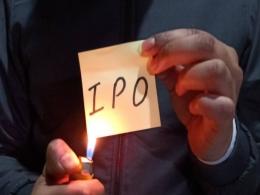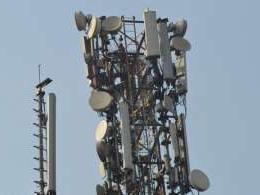Reliance Communications has appointed another two banks for the upcoming $1 billion IPO of its undersea cable unit in what may be the biggest stock listing in Singapore this year, two sources said.
Standard Chartered and DBS Group Holdings will join Deutsche Bank as the main advisers in an initial public offering, which will help the debt-laden Indian telecom firm reduce a debt burden that stood at $6.9 billion as of December.
The IPO -- which is likely to be in the form of a business trust -- is expected to be launched in the second half of the year, two sources with direct knowledge of the deal told Reuters.
They declined to be identified because the details of the transaction are not public.
News that Reliance Communications was pushing ahead with the Singapore IPO helped push the shares up 3.6 percent in early trading in Mumbai.
Business trusts contain assets that pay regular dividends, most of which are distributed to shareholders.
Reliance Communications, India's no. 2 mobile phone operator, which competes with 14 others in a highly competitive Indian mobile phone market, has seen profits decline for 10 straight quarters to December.
A hoped-for IPO of its telecoms tower unit failed to take off and a planned sale of the business has dragged on for nearly two years, forcing Reliance Communications to tap the debt market recently.
Sources have said Reliance Communications is in talks with U.S. buyout giants Blackstone and Carlyle to sell its telecoms tower unit in a more than $3 billion deal, but the transaction has not yet been completed.
Reliance Communications recently secured $1.18 billion in Chinese loans to repay overseas convertible bonds due for redemption in March.
Shares of the company were up 2.13 percent at 0508 GMT. They are up by about 50 percent this year after declining 52 percent in 2011 on concerns about its debt.
Reliance Communications, Standard Chartered and DBS declined to comment on the planned IPO.
Last month, sources told Reuters that Reliance Communications is looking to raise up to $1.5 billion in the IPO, but sources involved in the deal said $1 billion is a more realistic target.





